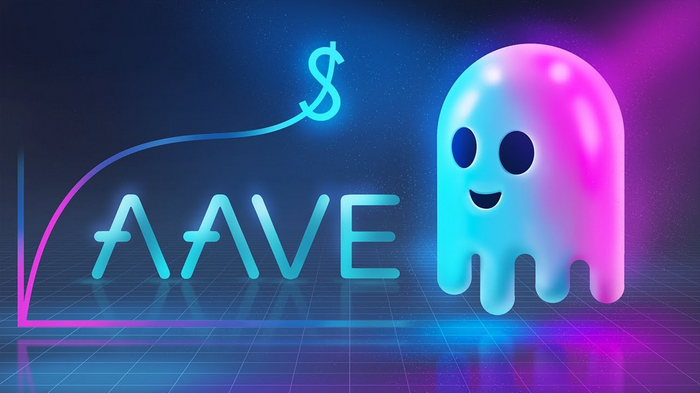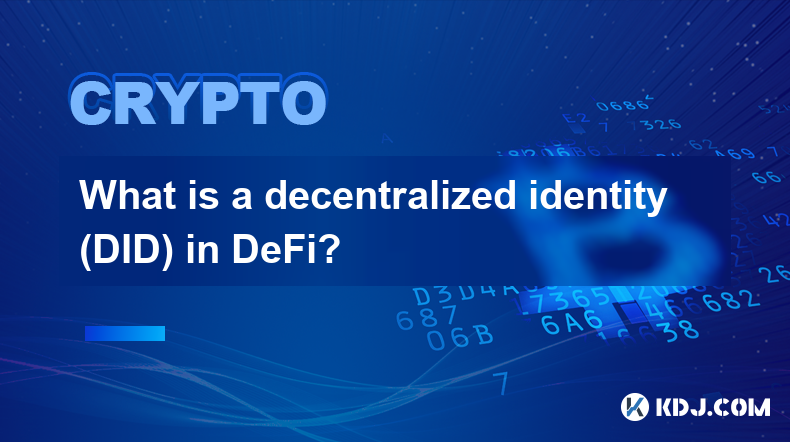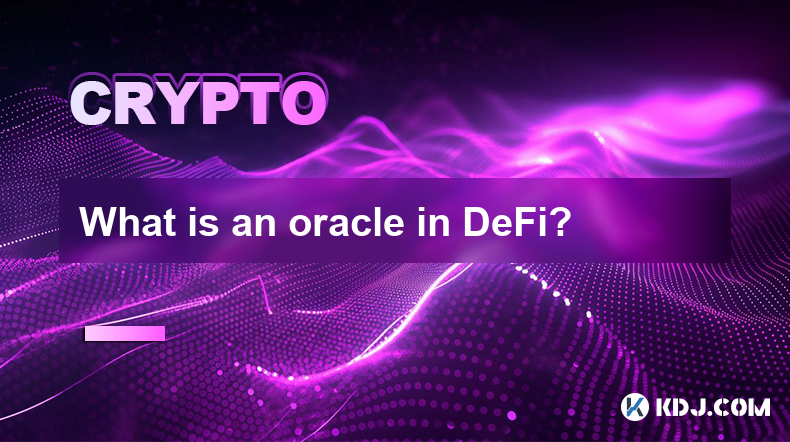-
 Bitcoin
Bitcoin $83,002.8173
-1.53% -
 Ethereum
Ethereum $1,789.8108
-1.26% -
 Tether USDt
Tether USDt $0.9996
0.01% -
 XRP
XRP $2.1274
-0.12% -
 BNB
BNB $592.2431
-0.97% -
 Solana
Solana $119.1598
-2.76% -
 USDC
USDC $1.0000
0.01% -
 Dogecoin
Dogecoin $0.1681
-0.92% -
 Cardano
Cardano $0.6492
-1.84% -
 TRON
TRON $0.2378
-0.90% -
 UNUS SED LEO
UNUS SED LEO $9.0490
-4.47% -
 Chainlink
Chainlink $12.6724
-2.46% -
 Toncoin
Toncoin $3.2495
-4.20% -
 Stellar
Stellar $0.2500
-3.61% -
 Avalanche
Avalanche $17.9358
-1.14% -
 Shiba Inu
Shiba Inu $0.0...01225
-0.09% -
 Sui
Sui $2.2095
-2.78% -
 Hedera
Hedera $0.1613
-2.64% -
 Litecoin
Litecoin $82.2053
-2.61% -
 Polkadot
Polkadot $3.9330
-2.77% -
 MANTRA
MANTRA $6.2724
-0.02% -
 Bitcoin Cash
Bitcoin Cash $298.9098
-0.31% -
 Dai
Dai $1.0001
0.01% -
 Bitget Token
Bitget Token $4.4381
-2.33% -
 Ethena USDe
Ethena USDe $0.9991
-0.01% -
 Pi
Pi $0.5881
11.02% -
 Hyperliquid
Hyperliquid $11.8159
-0.99% -
 Monero
Monero $213.1994
-1.09% -
 Uniswap
Uniswap $5.8098
-1.72% -
 OKB
OKB $51.6086
5.77%
What is AAVE coin? What can AAVE coins do? How to store AAVE coins?
The AAVE Coin (AAVE), a native cryptocurrency of the AAVE lending platform, allows users to borrow and lend cryptocurrencies, participate in governance, and earn rewards through staking.
Oct 03, 2024 at 06:36 am

What is AAVE Coin?
AAVE is an acronym for "Aave", which translates to "ghost" in Finnish. AAVE is a decentralized lending platform that allows users to lend and borrow cryptocurrencies. The platform is based on the Ethereum blockchain, and uses the AAVE token as its native cryptocurrency.
What Can AAVE Coins Do?
AAVE coins can be used to:
- Lend cryptocurrency to other users and earn interest.
- Borrow cryptocurrency from other users and pay interest.
- Participate in the governance of the AAVE platform.
- Stake AAVE tokens to earn rewards.
How to Store AAVE Coins
AAVE coins can be stored in a variety of ways, including:
- Hardware wallets: These are physical devices that store your cryptocurrency offline, making them the most secure option.
- Software wallets: These are digital wallets that store your cryptocurrency on your computer or mobile device.
- Exchanges: You can store AAVE coins on centralized exchanges, but this is less secure than using a hardware or software wallet.
Disclaimer:info@kdj.com
The information provided is not trading advice. kdj.com does not assume any responsibility for any investments made based on the information provided in this article. Cryptocurrencies are highly volatile and it is highly recommended that you invest with caution after thorough research!
If you believe that the content used on this website infringes your copyright, please contact us immediately (info@kdj.com) and we will delete it promptly.
- Altcoin Season Has Not Yet Arrived, but Market Participants Are Watching Closely as Bitcoin Falters
- 2025-04-06 03:40:12
- Ethereum (ETH) Rivals Are Attracting Increasing Attention from Investors
- 2025-04-06 03:40:12
- Ozak AI (OZ) Tokenizes Artificial Intelligence, Aiming to Surge 1000x From Its Presale Price
- 2025-04-06 03:35:12
- Binance Unveils Groundbreaking Integration That Shatters Silos Between CEXs and DEXs
- 2025-04-06 03:35:12
- Shiba Inu (SHIB/USD) is Up 5% on Tuesday
- 2025-04-06 03:30:13
- Bybit Web3 Announces Streamlining of Offerings to Enhance User Experience
- 2025-04-06 03:30:13
Related knowledge

What is a decentralized identity (DID) in DeFi?
Mar 23,2025 at 11:57am
Key Points:Decentralized Identifiers (DIDs) offer a self-sovereign approach to digital identity management, crucial for DeFi's privacy and security needs.DIDs operate independently of centralized authorities, empowering users with control over their data.Integrating DIDs into DeFi applications enhances user privacy, reduces reliance on intermediaries, a...

What does "composability" mean in DeFi?
Mar 14,2025 at 12:36pm
Key Points:Composability in DeFi refers to the ability of different decentralized finance (DeFi) protocols to interact and combine seamlessly, creating novel financial products and services.This interoperability is a core tenet of the DeFi ecosystem, fostering innovation and efficiency.Understanding composability requires exploring its mechanisms, benef...

What is token economics in DeFi?
Mar 14,2025 at 03:20am
Key Points:Token economics in DeFi defines how tokens are used to incentivize and govern decentralized finance (DeFi) protocols.It encompasses token utility, distribution mechanisms, and economic models designed to ensure sustainability and growth.Understanding token economics is crucial for evaluating the long-term viability and potential risks of DeFi...

How are transaction fees calculated in DeFi?
Mar 14,2025 at 04:25am
Key Points:DeFi transaction fees vary significantly depending on the specific protocol, network congestion, and the complexity of the transaction.Gas fees, a crucial component, are paid in the native token of the blockchain (e.g., ETH on Ethereum).Factors influencing gas fees include the type of transaction, data size, and network demand.Protocols often...

What is an oracle in DeFi?
Mar 22,2025 at 06:50am
Key Points:Oracles bridge the gap between on-chain and off-chain data in DeFi, providing real-world information to smart contracts.Different oracle types exist, each with its own strengths and weaknesses, including centralized, decentralized, and hybrid oracles.Security and reliability are crucial concerns for oracles, as vulnerabilities can lead to sig...

What is a cross-chain bridge? What is its role in DeFi?
Mar 14,2025 at 10:00am
Key Points:Cross-chain bridges facilitate the transfer of assets between different blockchains.They are crucial for DeFi's interoperability, allowing users to access diverse applications and liquidity pools across various networks.Several types of cross-chain bridges exist, each with its own security and scalability trade-offs.Understanding the risks as...

What is a decentralized identity (DID) in DeFi?
Mar 23,2025 at 11:57am
Key Points:Decentralized Identifiers (DIDs) offer a self-sovereign approach to digital identity management, crucial for DeFi's privacy and security needs.DIDs operate independently of centralized authorities, empowering users with control over their data.Integrating DIDs into DeFi applications enhances user privacy, reduces reliance on intermediaries, a...

What does "composability" mean in DeFi?
Mar 14,2025 at 12:36pm
Key Points:Composability in DeFi refers to the ability of different decentralized finance (DeFi) protocols to interact and combine seamlessly, creating novel financial products and services.This interoperability is a core tenet of the DeFi ecosystem, fostering innovation and efficiency.Understanding composability requires exploring its mechanisms, benef...

What is token economics in DeFi?
Mar 14,2025 at 03:20am
Key Points:Token economics in DeFi defines how tokens are used to incentivize and govern decentralized finance (DeFi) protocols.It encompasses token utility, distribution mechanisms, and economic models designed to ensure sustainability and growth.Understanding token economics is crucial for evaluating the long-term viability and potential risks of DeFi...

How are transaction fees calculated in DeFi?
Mar 14,2025 at 04:25am
Key Points:DeFi transaction fees vary significantly depending on the specific protocol, network congestion, and the complexity of the transaction.Gas fees, a crucial component, are paid in the native token of the blockchain (e.g., ETH on Ethereum).Factors influencing gas fees include the type of transaction, data size, and network demand.Protocols often...

What is an oracle in DeFi?
Mar 22,2025 at 06:50am
Key Points:Oracles bridge the gap between on-chain and off-chain data in DeFi, providing real-world information to smart contracts.Different oracle types exist, each with its own strengths and weaknesses, including centralized, decentralized, and hybrid oracles.Security and reliability are crucial concerns for oracles, as vulnerabilities can lead to sig...

What is a cross-chain bridge? What is its role in DeFi?
Mar 14,2025 at 10:00am
Key Points:Cross-chain bridges facilitate the transfer of assets between different blockchains.They are crucial for DeFi's interoperability, allowing users to access diverse applications and liquidity pools across various networks.Several types of cross-chain bridges exist, each with its own security and scalability trade-offs.Understanding the risks as...
See all articles





















































































